Watching events unfold in Hollywood – where, for better or worse, few people in the market research industry spend much time –, it was easy to picture the #MeToo movement as something happening to other people in other places.
Market research might not be, on the face of it, a den of machismo that excludes or intimidates women. After all, in many parts of the business, women are in the vast majority. But speak to women working in different roles and different countries, and a disturbing picture emerges.
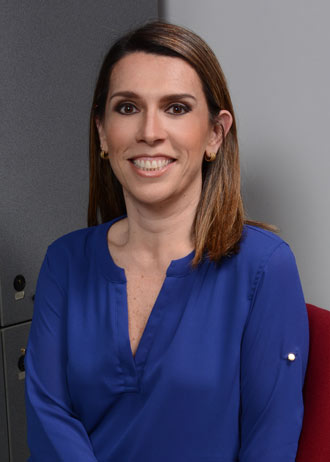
Women report being sexually assaulted by older male colleagues (often their boss or client). They report men taking the credit for their work, clients ignoring them in favour of the man in the room, denial of basic rights such as paid maternity leave, and being branded “difficult women” or even sacked if they dare to speak up.
“Once, after presenting a study, a client asked his team to leave and took my hand with both of his hands and thanked me for the work. I felt pretty uncomfortable,” says Urpi Torrado, CEO of Datum International and President of APEIM (Peruvian Association of Market Research). “Also, more than once I have had clients asking to have only women interviewers, because their workers or clients will be more motivated if they talk to a woman.”
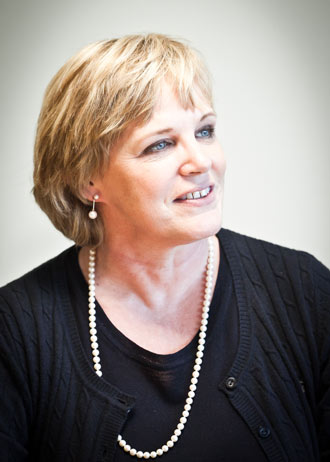
Jane Frost CBE is chief executive of the Market Research Society in the UK. She says that while she is now in a senior position of influence, her career has been peppered with challenges, simply because she is a woman.
“Yes, I was sexually assaulted; you didn’t know where the line was between being pleasant and slapping someone and being seen as the ‘weird woman’ in the room,” she says. “I’ve had to listen to explicit jokes, comments about how to dress; I’ve been sacked for being who I am, for being a woman, for being pregnant – which is completely illegal, but it happened.”
Who’s the boss?
There are more women than men working in market research in most markets; globally, they are about 55% of the sector’s workforce. But they tend to be more prevalent in lower-level roles, with the most senior posts occupied by men.

Didier Truchot describes the global gender mix at Ipsos, where he is CEO. Among 18,000 employees, 60% of staff are women, but at the most senior levels, 70% are men. Three years ago, 25% of top Ipsos roles were filled by women; now it’s 30%, and the goal is 45% by the end of 2020 and, ultimately, a 50:50 split.
This situation is not atypical. A 2017 global survey for WIRe (Women in Market Research) and supported by ESOMAR, demonstrated that women account for about a third of lower to mid-level positions in the sector, but only 8% of CEOs are women.
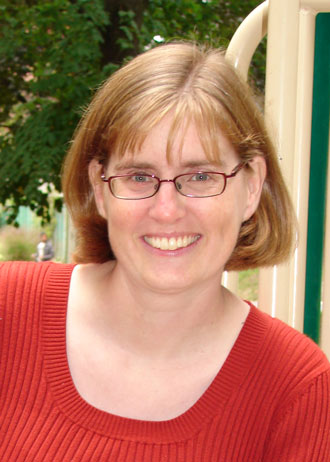
Annie Pettit is a freelance market and social researcher, and CEO of MOSR Canada. She says the problem is more complex than businesses simply opting to pay women less than men.
“I also analysed a publicly available database of rates charged by freelancers only to find that women were charging on average 25% less than men. Women are vastly undervaluing themselves and their services.”
“If you’re a female employee, you should probably negotiate a significant raise. If you’re a female freelancer, you need to up your rates by at least 25% immediately and implement annoyance pricing. For some reason, women feel guilty about setting higher prices for clients who constantly demand rush work on evenings and weekends.”
All-boys club
Differences in the treatment of women range from overt to subtle bias – and extend to the bizarre.
Anije Lambert is founder of PDC-Research, based in the Caribbean republic of Guyana. She says the times she has felt disadvantaged have been due to a combination of being young and being a woman. “Somehow I was often told that our society valued two things: maturity and male leadership. I had none of them.”
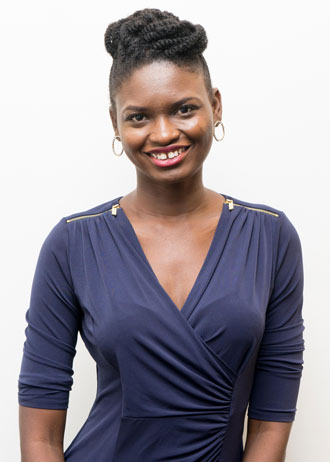
She has worked with an NGO where the man named President had little involvement in the organisation. The woman who actually ran it said the organisation would get more public attention with a man as its public face.
Lambert also recalls that when she was setting up her own business, she was advised that the only way to get noticed in an “all-boys club” was to change the way she dressed and accentuate her curves.”
“Even though I would take a neo-feminist stand in the conversations, these little perceptions began to frame my way of thinking and actions,” she says. “Thankfully after six years, you become accustomed to the process of negotiation. I am much more comfortable attending meetings alone. My current fight now is ‘mansplaining’.”
Jane Frost recalls one employer insisting she had “Mrs” ahead of her name on her office door, although the man in the next room simply had his name. She kept taking down the “Mrs”, and they kept reinstating it, eventually saying it was important to “warn men” they were about to encounter a woman.
Self-determination
There is plenty of research showing that men are more vocal about asking for a raise or promotion, and that is why they tend to get ahead, but there are also deep-seated biases and a large amount of inertia. Patterns continue until there is a big enough jolt to change them.
This is starting to change, thanks in part to the growth of women’s advocacy groups within the industry, and the determined efforts of outspoken individuals.
Annie Pettit has been the driving force behind an initiative that gets first-time conference speakers on the stage at IIEX events, in a less-intimidating space where those normally reluctant to put themselves forward – often women – can have a go. “It does seem like a lot of the people who have no qualms about self-promotion are men,” she says. Women need to learn how to better promote themselves and their work in ways that don’t make them feel ‘icky’.
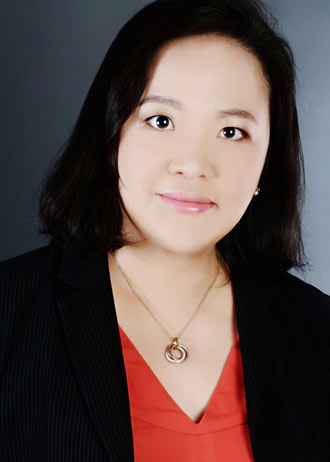
Jane Frost also senses change: “I think in some senses, it’s easier for women now, and so it bloody well should be. But there’s still a way to go.”
Sally Wu leads the Research & Insight team in Asia Pacific for BBC World, which has a particular current focus on diversity both in its content and employment processes. The BBC 50:50 project aims to get equal representation of men and women contributors to English-language news, current affairs and topical programmes across the organisation.
“(In Singapore) the representation of males does increase when you look at top level roles, but females are also increasing in their presence. Not necessarily because special effort has been placed on improving the situation, but because of market demands and available talent pools.”
Bigger picture
Frost says that while she has encountered many problems due to being a woman, it’s clear that some people face even greater challenges because they are different in other ways. Improving opportunities for one group of people will help everyone, she says. “I think we’ll get a lot further with other groups if we start by championing women.”
Workplace equality often comes down to some very human attributes: kindness and thoughtfulness. This kind of approach, she says, is better than a positive discrimination policy. “You don’t want people to say ‘I’m preferred because I’m a woman’. The only things that should get in your way are your ability and your own choice.”
This article is an excerpt of the original “Is market research having a #MeToo moment?”, published in the 2019 Global Market Research report. Read the full content by accessing the report, here.


